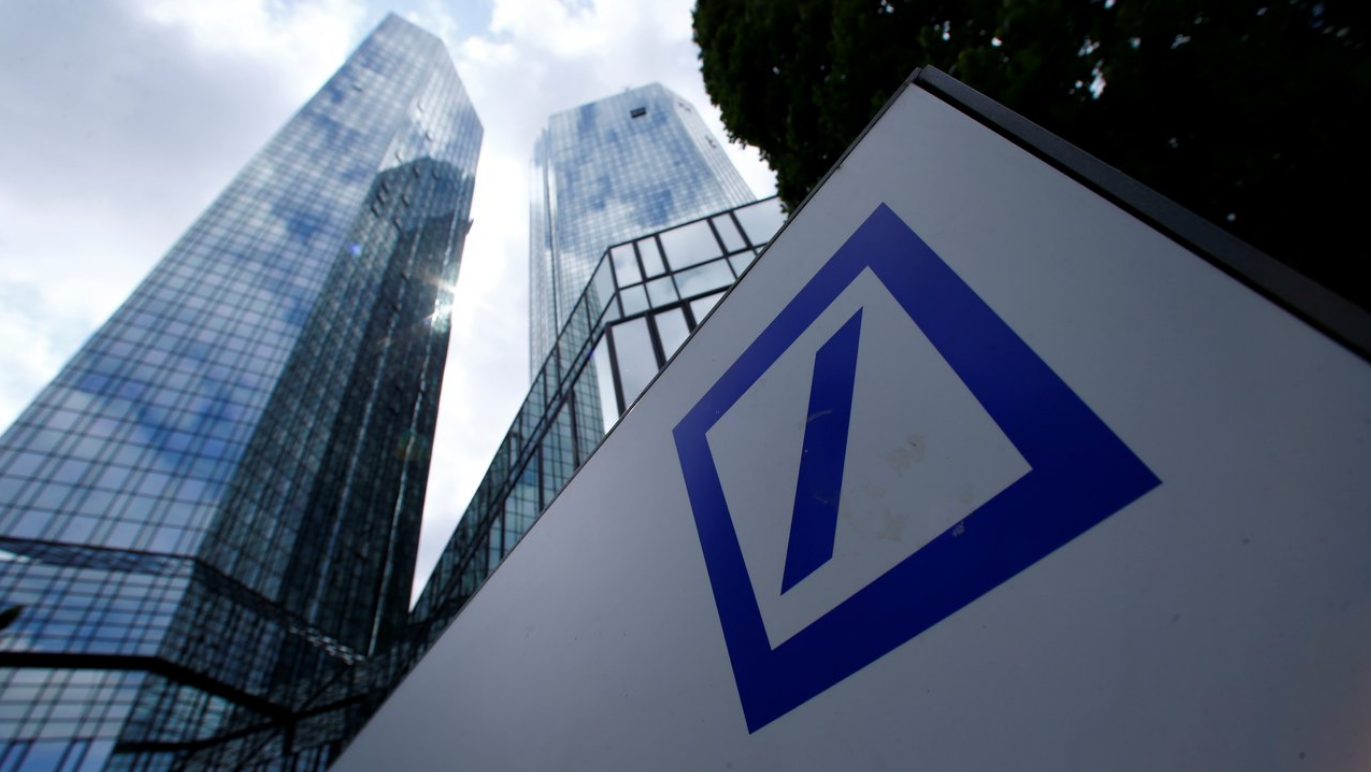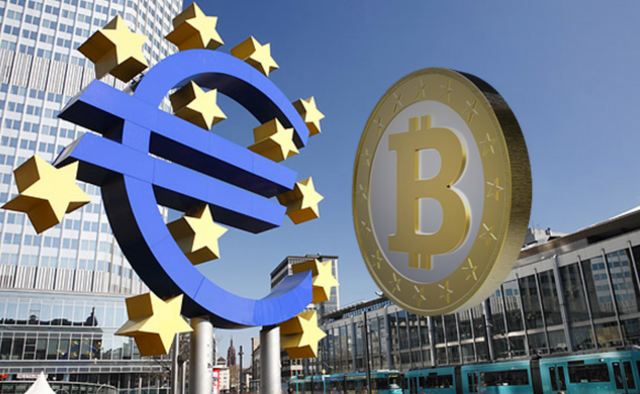Will Increased Blockchain Adoption in Banks Harm the Crypto-Ecosystem in the long term?
The Blockchain technology can be described as a digital-network-system (distributed digital ledger) that can record transactions and store them decentralized on the network. Moreover it is a disruptive technology widely known as the underlying technology for cryptocurrencies. Often blockchain is mentioned as a revolutionary technology possibly even more groundbreaking than the Internet itself.
In the last years since Satoshi´s White-paper it has been discussed among the financial and banking sector „elites“ to make transactions more efficient, safer and cheaper. The potential benefits of blockchain technology to banking institutions are safety and security when compared to the conventional methods currently in use by banks like for example the SWIFT (Society for Worldwide Interbank Financial Telecommunication) or the system for transfer of financial messages (SPFS).

During the rise of Bitcoin it seemed that private banks didn’t want to miss the train of the Blockchain technology. This was already officially stated in 2015 by the British Banking Association in their report:
"Banks must accept that they are increasingly part of the broader ecosystems that customers are constructing around themselves. However, their place in these ecosystems is far from secure," the report concluded in 2015.
Even though some of the bankers like for example the german Bundesbank chief Thiele declared Bitcoin as purely speculative, stating that the underlying blockchain technology is not a threat to the established financial and banking sector. But bankers clearly know that politics and laws cannot shut down cryptocurrencies or the blockchain technology easily.
There is a Chinese proverb: If you cannot beat your enemy, join them. The cryptocurrencies-ecosystem is already a serious threat to the central banking modell and Bitcoin as the gold standard and as a widely known coin has a strong influence on consumers perception on worldwide money transfer and fast anonymous transactions. As Ethereum, Altcoins, Smart Contracts ICOs, DApps and cryptocurrencies as a economic phenomenon grow in popularity, they will continue to threaten revenue streams of the traditional banking system by their disruptive nature.
Since years Fintech is experimenting with use cases of blockchain. Already in 2015 nine of the World’s renowned Banks, including JPMorgan, Royal Bank of Scotland, Goldman Sachs, UBS, RBS, Credit Suisse, State Street and Barclays, were collaborating with New York-based financial tech firm R3 to create a new framework based on Bitcoin’s Blockchain.
Ripple already has around 75 Banks on its network. Wells Fargo and the Commonwealth Bank of Australia used blockchain to process and execute a shipments from the US to China in 2016. Barclays Bank used blockchain technology for their derivatives trading. UBS along with Deutsche Bank, Santander, BNY Mellon and broker ICAP, will launch the Utility Settlement Coin (USC) for the purpose of faster transactions, reducing risks and lower operational costs in 2018.
The most recent news is that IBM is developing a blockchain for a consortium of seven big banks like: Deutsche Bank, HSBC, Rabobank, Unicredit, Societe Generale, KBC, and Natixis. IBM is using the Hyperledger Fabric (open source blockchain framework).

After all the continous effort of banks to apply the blockchain technology to their business model, many conservative consumers might prefer to stay with banks, what could result in a decreasing adoption of cryptocurrencies. Since there is also big money to spend on marketing campaigns, Banks will have an easier way to adapt and to set new standards always profiting from their wealth and socio-economical and political status.
The current financial system is created around central banks like the FED in the U.S. or the EZB in the EU. It is a political powerfull centralized system backed up by own lobbyists, or former politicians, who change sides like the former President of the EU comission Jose Manuel Baroso, who is now working for Goldman Sachs.
• Banks are of systemic importance in the current economic model
• Banks have political power and the support of governments
• Banks are regulated by law
• Banks could push the adoption for their own blockchain solutions more efficiently
• Banks´ blockchain solutions are backed by central banks, governments and legislation
• Banks offer centralization rather than decentralization, which is important for politics
• Banks will always demand more regulation to weaken cryptocurrencies or to capture their technologies
A good example of Banking sector influence is the Legislation in the U.S. (New York State f.e.) as the home of Wall Street. They achieved already that Blockchain startups need to get a license from the Financial Services Agency and register with the anti-money laundering authorities and submit to periodic audits and inspections.
Finally it can be stated that the crypto-ecosystem will be highly impacted by the regulated market and legislation when it won’t reach higher adoption within the masses in the future. In the long term the libertarian aspects of cryptocurrencies (decentralization, anonymity, freedom...) could be pushed into a smaller niche.
Sources:
http://www.cnbc.com/2017/06/26/ibm-building-blockchain-for-seven-major-banks-trade-finance.html
http://www.coindesk.com/british-banking-association-bitcoin-is-a-real-threat-to-banks/
http://www.coindesk.com/bitcoin-banking-collide
https://www.btc-echo.de/bitcoin-marktvolumen-uebersteigt-das-der-deutschen-bank/
P.S.
I am a Newbie in the steemit community and this is my first article on steemit about a topic which is intresting to me. So if you have any suggestions, just let me know. If there are english grammer or spelling mistakes, also let me know I am still learning english.
Upvoting is always appreciated.
Thank you steemit for providing a blockchain solution and an alternative to centralized social media!
Thank you very much for your detailed posting 😊